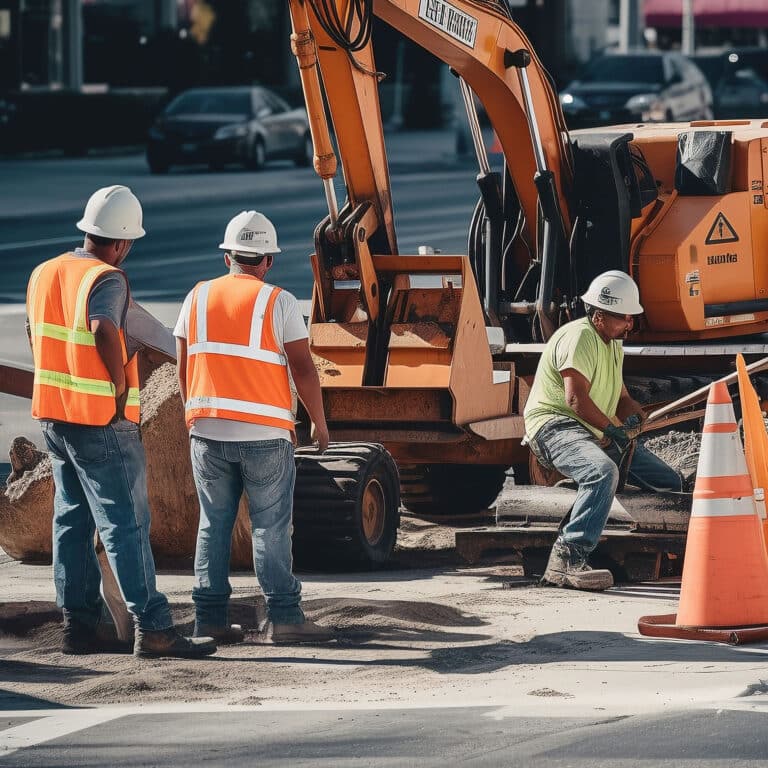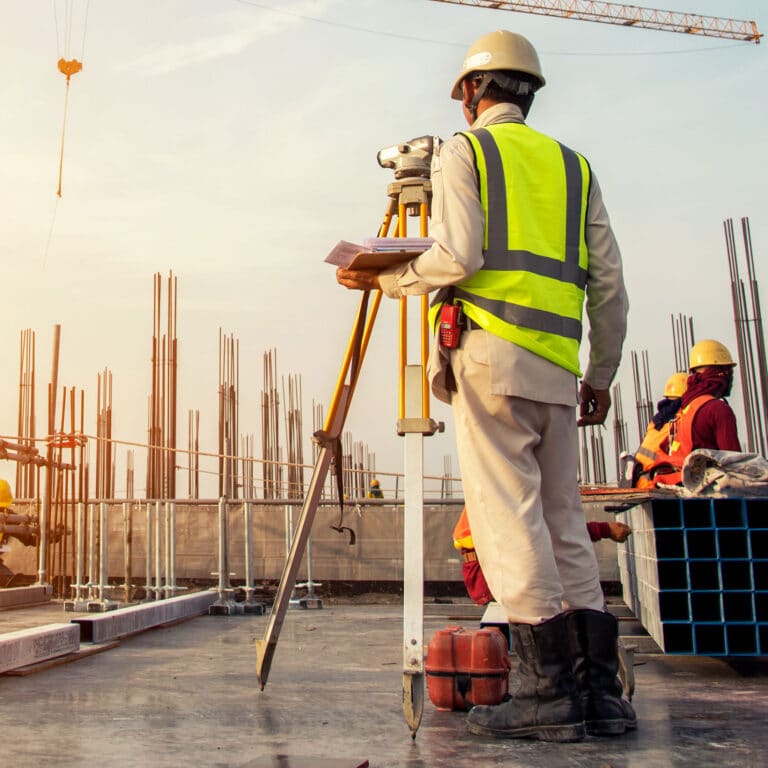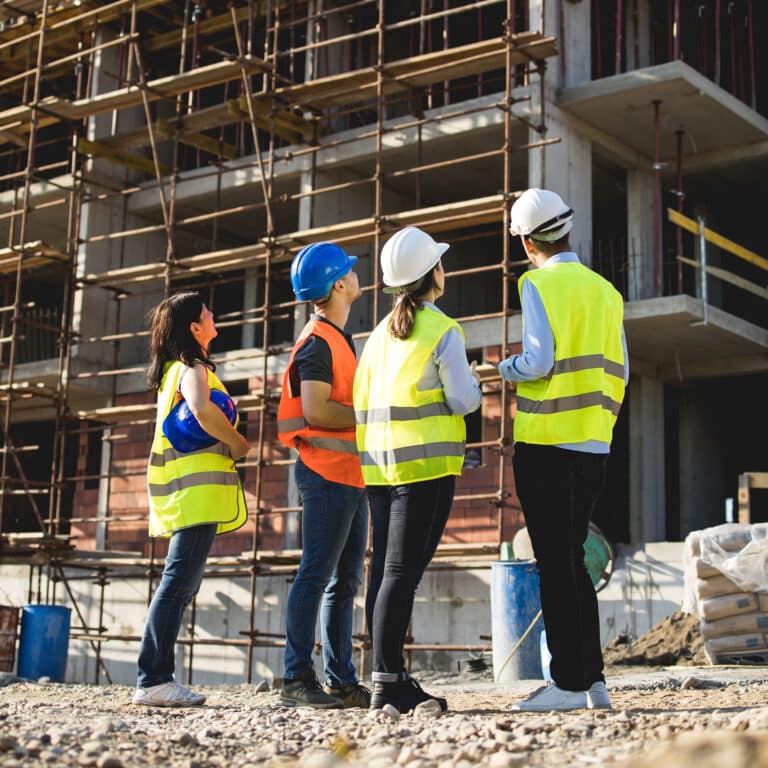Quantity surveyors play important roles in sustainable construction. These professionals specialize in the financial management of construction projects. Including sustainability in quantity surveying practices helps meet stakeholder expectations, elevate project viability, and contribute to sustainability goals.
Quantity Surveyor Main Responsibilities
The main responsibilities of quantity surveyors include:
- Cost estimation: Assessing the required materials, labor, and equipment and analyzing project specifications.
- Cost control: Comparing actual costs with budgeted costs, identifying cost variances, and controlling expenses to keep the project within the budget.
- Procurement: Sourcing materials, issuing tenders, analyzing bids, and negotiating contracts. Additionally, securing products and services at competitive prices while considering quality, sustainability, and value.
- Value engineering: Evaluating project components and suggesting alternative designs or material choices to elevate sustainability and project value, maintain quality and functionality, and lower costs.
- Risk management: Identifying financial risks such as budget overruns and fluctuations in material prices and creating strategies to mitigate the risks.
Quantity Surveyors’ Sustainability Considerations
Sustainability considerations are among quantity surveyors’ main responsibilities. These project contributions include:
- Sustainable cost estimation: Considering the long-term costs of sustainable materials, energy-efficient technologies, and environmentally friendly practices in cost estimation to help project stakeholders make informed decisions.
- Sustainable procurement: Prioritizing environmentally friendly suppliers, products, and materials to align with sustainability goals.
- Sustainable value engineering: Evaluating project components to optimize design, materials, and construction techniques for greater sustainability and cost savings.
- Risk assessment and mitigation: Considering environmental risks, technological uncertainties, and regulatory compliance that can affect the project’s financial viability to support long-term success.
Importance of Including Sustainability in Quantity Surveying Practices
Including sustainability in quantity surveying practices is important for several reasons:
- Meeting stakeholder expectations: Aligning with stakeholder expectations helps attain sustainability goals.
- Enhancing project viability: Optimizing costs, reducing environmental impact, and enhancing construction project viability strengthen efficiency and long-term cost savings.
- Contributing to sustainability goals: Influencing cost management and procurement decisions impacts resource scarcity, environmental degradation, climate change, and other global challenges.
- Shaping construction industry practices: Promoting sustainable construction methods, environmental responsibility, and social sustainability influences industry practices and drives change.
- Long-term cost savings: Considering sustainability factors in cost estimation, procurement, and value engineering optimizes project costs, lowers energy consumption, reduces maintenance expenses, and increases asset value.
Are You Looking for Skilled Construction Workers?
Field Talent can provide you with skilled construction workers to help complete projects. Connect with us to discuss your hiring needs today.




